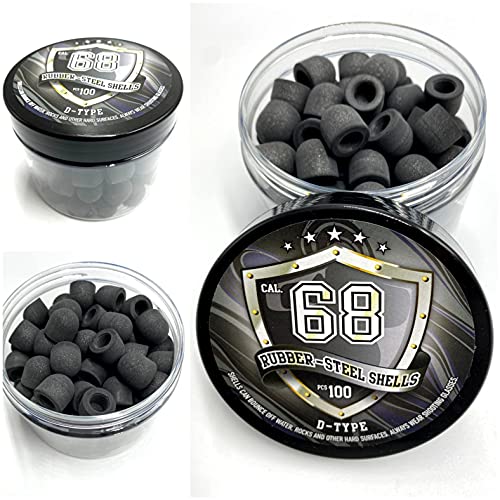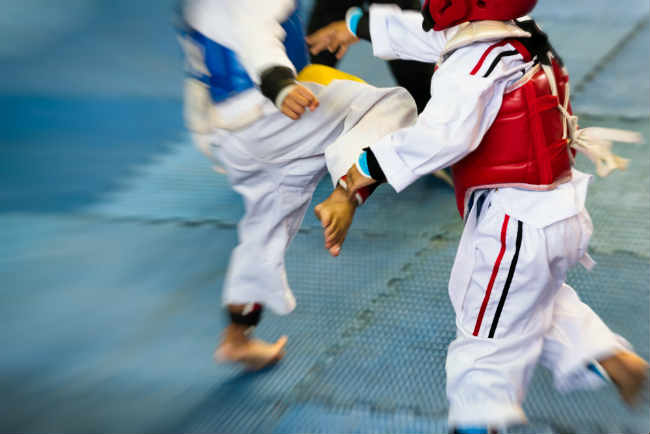
One way to learn Judo self defense is by being able to stop a haymaker attack with circling away. The powerhand is the rear part of a person’s stance. You must learn how to combat this technique to be a better practitioner of judo.
Connor Sellers
For self-defense, Judo is a popular form of martial art. It can be used in street combats as a way to neutralize the opponent's kicks or punches. The art teaches you how read a situation and what to do to protect yourself. It is also important to have a good sense of balance.

Kodokan Goshin Jutsu
Kodokan Goshin Juttsu (a form of Jujitsu) can be used as self defense. Its techniques have been practiced for over 50 years. The Kodokan considers it a traditional kata. However, they have continued to improve their defenses and use a belt ranking system.
Shintaro
Shintaro, which is a judo move for self-defense, allows the practitioner of judo to quickly and easily get within striking distance of an opponent. It is particularly useful in situations when an attacker is trying to use a long looping strike or a linear strike. It is important to time the strike correctly and to deflect an attacker's attempts at close-range and applying a waist grab. This technique severely restricts an opponent's options. It makes it difficult for him/her to score a hit.
Seoi Nage
The Seoi Nage is a quick self-defense move that's easy and effective. This technique is a powerful one, and works best when you can use a narrower stance. You can execute this move by lowering your hands to the opponent's hip. Another way to mimic this move is to pretend to split a log 45° to the left.
Do not be afraid to challenge someone's authority hand
It is important to keep a distance from your attacker when defending against strikes. This is because punches are more powerful when the attacker is fully extended. The easiest way to avoid getting struck is to circle away. By maintaining a staggered posture, you can avoid getting hit. During this time, your focus can be on controlling the attacker’s arm and/or head.

Krav Maga
Krav Maga Judo Self Defense is a great way for you to learn how protect yourself from dangerous situations. This fighting system emphasizes situational awareness. It helps students quickly identify potential threats and then neutralize them. Students learn how to use their surroundings as weapons against their opponents. This includes attacking their most vulnerable areas such as their eyes or neck.
FAQ
What is the best weapon to carry for self-defense?
A knife is the best tool for self defense. Even though you may not feel the need for a knife, it will come in handy if someone attempts to attack you.
You don't have to go out and buy a $100 folding knife just because you want to protect yourself. A simple pocketknife will do the job. And you can always add a few extra tools to ensure you're prepared for any situation.
What are the benefits from martial arts training
Martial arts training can help you acquire skills that you can use in all situations. These skills will help you grow stronger and quicker. You will also learn how to respond to different attacks.
They can also increase your confidence. When you feel safe, you tend to be more relaxed and less stressed.
They are also beneficial for health reasons. Studies show that regular exercise improves your overall physical condition.
How good is pepper spray for self-defense?
Pepper spray can be used for self-defense. It's fast-acting, and very easy to use. However, you should always practice proper techniques when using pepper spray.
As a first line of defense against violent attackers, pepper spray is not recommended. If you are threatened by violence, call 911 immediately.
What are some self defence tips for women in the workplace?
It is important to be able quickly react when you are practicing self defense. You need to be ready for any situation.
Train with friends is one of your best options. Partnering with a friend will enable you to practice together, and improve your technique.
Another tip? Practice with something heavy. If you are attacked, you'll be more likely to hit your attacker hard if you are holding something heavy.
How do beginners do self-defense?
Self-defense is not just for people who have been trained by experts. You should also know how to defend your self when you're alone. To protect yourself against an attack, you should know the basics.
You can start by practicing simple movements such as punching, kicking, and kneeing. Next, move on to advanced moves such as grappling and joint lock.
It is always useful to practice something that is similar to what you might face in real-life situations. You can use a pillow to practice how to kick someone.
You won't inflict any injuries while you practice. Be careful not to strike anything too hard as you could cause damage.
Statistics
- Saying this, Self defense 101 would be the importance of situational awareness, which can never be replaced by the finest of martial arts, because it is this that would help you to avoid any likely attacks in the first place. (worldofselfdefense.com)
- Verbal harassment was the most common form, but 51 percent of women said they were touched or groped in an unwelcome way, while 27 percent of women survived sexual assault. (healthline.com)
- In a January 2018 survey of 1,000 women nationwide, 81 percent reported experiencing some form of sexual harassment, assault, or both in their lifetime. (healthline.com)
- Some people walk into a gym thinking they are going to become the best by training whenever they like and not putting 100% effort in. (budodragon.com)
External Links
How To
How To Survive A Home Invasion
Home invasion can be a frightening thought, especially if there are children involved. We didn't know what it would feel like to be in the midst of home invasions when we began our home security installation journey. Here are the lessons we have learned thus far.
-
Don't let your children witness the attackers. Our kids were sleeping upstairs when two men broke into our house. We took them downstairs until they arrived at the police station. The police arrived and our kids were not hurt. However, the traumatizing images did enough to make them feel scared.
-
All valuables should be secured All valuables are kept in a safe in the bedroom. Even if someone breaks in to the house, they won’t even be able get it.
-
Keep an eye out on burglars. We live in a neighborhood that has a lot of burglaries. We keep a look out for suspicious people and cars.
-
Make sure you have a backup plan. Our family will be financially protected in case anything happens. We also have a plan in place to leave the country if necessary.
-
Always be prepared Be prepared in case you are ever forced to defend your own life. Be prepared with food, water, as well as other supplies.
-
Call 911 First. Call 911 immediately after finding out someone is breaking into your house. It's safer to call the authorities immediately than to wait for them at your door.
-
Use common sense. Do not let anyone enter your home if you don't feel at home. Also, don't invite strangers to come over.
-
Ask for help from your neighbors or other people in the area. If you feel uneasy, call friends or neighbors. You can have them watch your back while calling the police.
-
Be calm and follow the instructions of police officers. Keep calm and do as the officers direct. Do not flee or resist arrest
-
Take photos of all evidence. Photograph any evidence that is found during an investigation. This includes blood samples and fingerprints.
-
File A Report With Local Law Enforcement. Report to law enforcement, even if there was no injury. You may be able to prevent other crimes.
-
Get in touch immediately with the Insurance Company. Contact your insurance company right away. You can tell them all about what happened and they will send an adjuster out to assess the damage.
-
Retire Personal Belongings. Before you leave the scene, remove personal belongings. You can take off any expensive jewelry and store it somewhere safe.
-
Take Care of Yourself. Make sure to clean up after your self. Throw away the trash, sweep up broken glass, and make sure all doors and windows are locked.
-
Talk about What happened. Talk about what happened to someone else. You never know who might try to use this information against you later on.